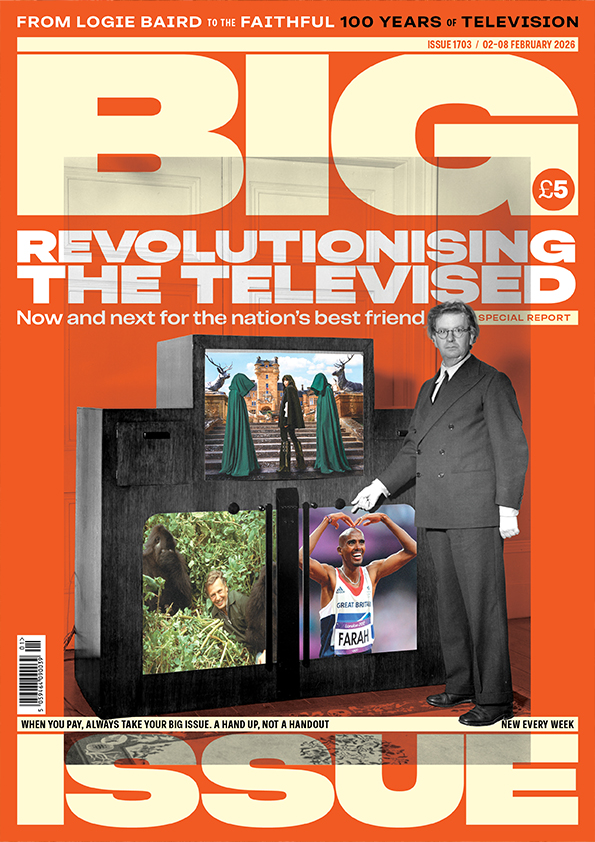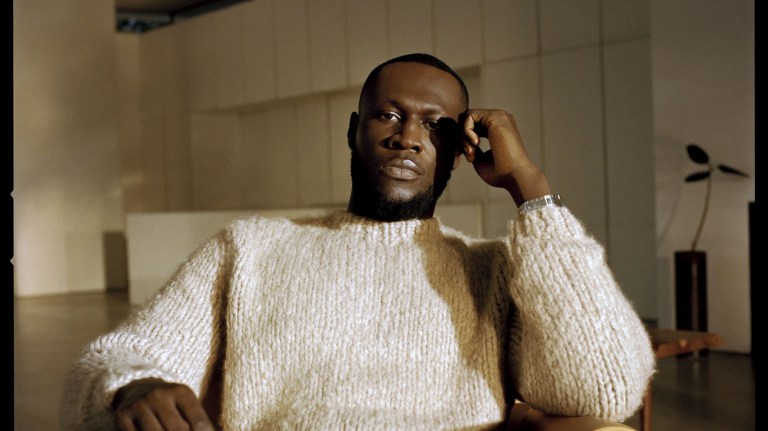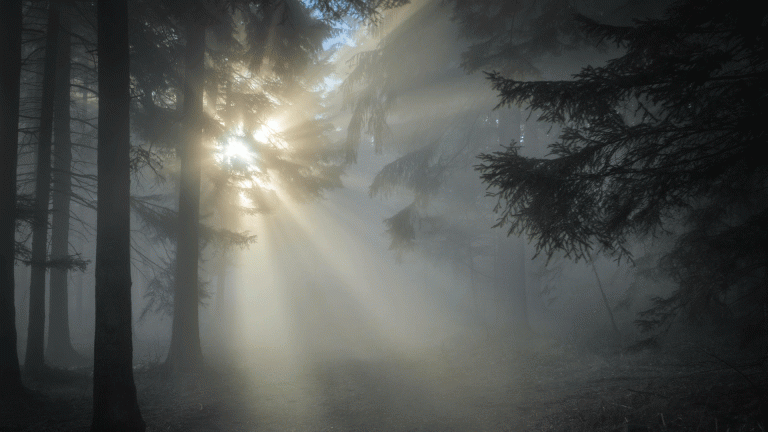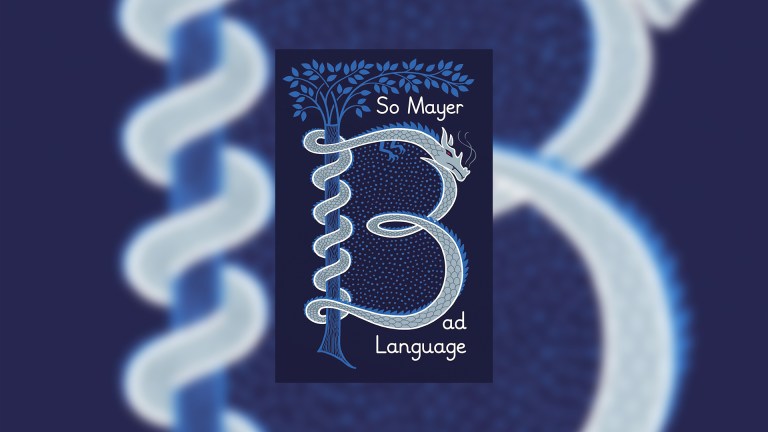The thought that we must survive in order to tell of everything that had happened to us was often in our minds. At the same time, we doubted that anyone would want to listen.
How often do you think about your time in the camps?
Most survivors find it difficult to talk about what happened to them, and so it lingers as a constant ache. Because I talk about it, and write books about it, it is not present in my consciousness, though it is there under the surface, and not much is needed for it to rise up.
If I walk down the street and hear a dog barking behind me, I am back in the camp instantaneously, in a group of girls in rows of five on their way to work, guarded by SS soldiers. If someone stops, or falls out of line, we know they will set the dogs on her. I can feel the fear, and the icy wind that blew through my thin dress, and the pain in my raw feet.
Do you hate the Germans?
Hate is a natural reaction to being wronged, and it must be accepted for what it is. However, you do not get far with hatred, it is very counterproductive. Hatred does not affect the hated, but the one who hates feels terrible. It arouses vengeful feelings, and if these are acted upon the hated will soon become the one who hates. It leads to a never-ending spiral of hatred.
Advertising helps fund Big Issue’s mission to end poverty
After everything, do you believe in God?
Faith can be helpful on life’s journey, regardless of one’s religion.
I have kept the same faith I had before the Holocaust. I was raised Jewish and have remained a Jew. But I do not believe my God is special. If there is a God, it is the same God that we all share, whether we use the name Jehovah, Christ or Allah. I don’t believe that God can be in heaven and watching over each and every one of us, telling us how we should act. God is found deep inside us, in the moral compass that helps us solve life’s problems.
When I see the shocking pictures of ramshackle, overcrowded boats on the Mediterranean, I can see myself sitting there.
The Golden Rule, ‘Do unto others as you would have them do unto you,’ can be found in all religions and in all languages. If all people decided to be led by it, we would live in a better world.
Do you see yourself in today’s refugees?
When I see the shocking pictures of ramshackle, overcrowded boats on the Mediterranean, I can see myself sitting there. Instead of being met by a helping hand, they are met by high walls and indifferent people who have lost their humanity. I see the same egotism and irresponsibility that existed in the beginning of the 1930s, but even stronger.
Advertising helps fund Big Issue’s mission to end poverty
What made you start lecturing?
I finally realised that I had survived so that someone could tell of what happened during the Holocaust. If it fades into oblivion, no one will remember that six million Jews, and countless communists, gay people, people with disabilities, Roma and others – considered to be less than human value – ever existed.
I have lectured for many years, and I have done so for two reasons: so that the names of my parents, Frida Klein Szmuk and Ignatz Szmuk, shall live on, and so that coming generations shall take the lessons of the Holocaust to heart, so that they will never have to experience anything like what I have been through.
Could it happen again?
Looking back on the course of history, we can conclude that just one generation is enough for the experiences of the past to pass into oblivion. We apprehend the world both with the mind and with the heart. If knowledge only addresses the mind it is easily forgotten. It must also reach the heart, where it can awaken emotional learning.
There are still a few eyewitnesses who can speak about their own experiences. Soon, there will be no eyewitnesses left, and in order to try to prevent these horrors from happening again, our stories must be passed on. We already have a nominated day of remembrance, January 27. I hope that this becomes a long-lived tradition, through which new generations can pass on the story and tell it in a way that reaches their listeners’ hearts.
Advertising helps fund Big Issue’s mission to end poverty
Extracts from Questions I am asked about the Holocaust by Hédi Fried, translated by Alice E Olsson (Scribe UK, £12.99). It is published on January 27, which is Holocaust Remembrance Day






